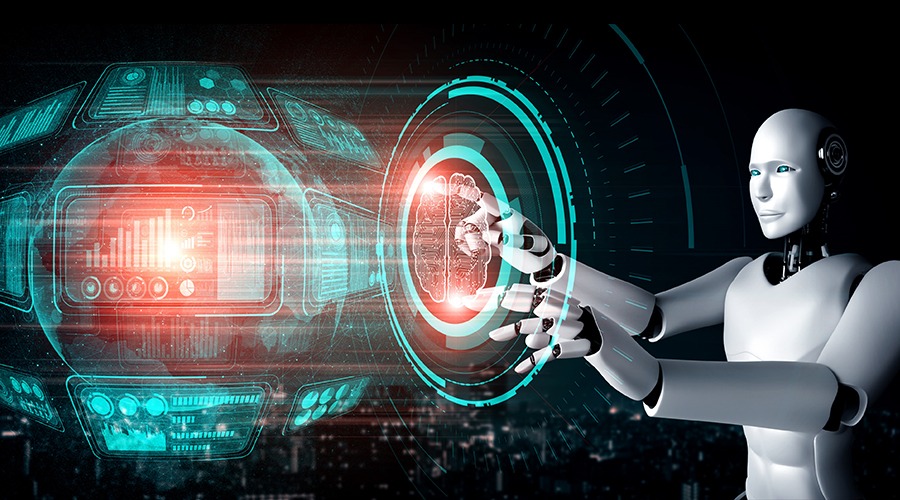Artificial intelligence (AI) had made significant strides in various fields and was demonstrating the ability to outperform humans in certain specific tasks. However, it’s important to note that the statement “AI can outperform humans in most occupations” is not accurate. Here are some key points to consider:
- Specialized Tasks: AI excels in specialized tasks that involve pattern recognition, data analysis, and repetitive activities. For example, AI has been used to outperform humans in tasks like image recognition, data analysis, and even certain medical diagnoses.
- Automation: AI and automation technologies have been increasingly used to automate routine and repetitive tasks across various industries. This can lead to increased efficiency and cost savings for businesses.
- Complementary Role: In many cases, AI is seen as a tool that can augment human capabilities rather than replace them entirely. AI systems can assist humans in decision-making, data analysis, and complex problem-solving.
- Limitations: AI, as of my last update, still has limitations. It may struggle with tasks that require common sense reasoning, emotional intelligence, creativity, and complex decision-making based on ethical or moral considerations. Many jobs involve these elements, and AI is not yet capable of fully replicating human cognitive abilities in these areas.
- Ethical and Societal Considerations: The widespread adoption of AI in various occupations raises important ethical, legal, and societal questions. Issues related to job displacement, bias in AI algorithms, and privacy concerns need to be addressed as AI becomes more integrated into the workforce.
- Training and Maintenance: Implementing AI systems often requires significant resources for training, maintenance, and continuous improvement. Organizations need skilled professionals to develop, manage, and oversee AI systems.
It’s important to recognize that AI’s impact on different occupations varies widely. While some jobs may be automated or augmented by AI, many others require a unique combination of human skills and qualities that are challenging for AI to replicate. Additionally, the adoption of AI in the workplace is influenced by factors such as industry, technological infrastructure, and regulatory environment.
Since my knowledge is based on information available up to September 2021, I recommend checking the latest developments and research in the field of AI to gain a more current understanding of its capabilities and limitations in different occupations. The role of AI in the workforce continues to evolve, and its impact varies across industries and professions.




